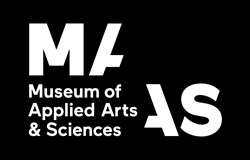When: Monday 12th November, 10:25am – 11:25am
Where: Theatrette, Level 2 behind the registration/foyer area
Hashtag: #M4
The stories around us regarding climate change are shocking and both the concerned public and scientists are exhausted. Every day there is a new petition to sign, a plea for a donation for campaigning and another set of terrible statistics. Talk to lay people and their eyes glaze over, talk to friends within environmental communications they can finish the story for you. So how can we re-engage ourselves and those around us? Does art and storytelling have a further role to play in reconnecting a fatigued public who want to act but can’t bear the tidal wave of bad news? This discussion with science and activist communicators will look at how new formats might help us include and engage those who are running out of steam. We’ll discuss new digital and social trends including podcasting and citizen storytelling and how broadcasting is remaking itself, alongside the use of performance and installation arts to help us colour in shades of grey and provoke emotive responses. And we will consider how to break through the exhaustion to positively engage others and encourage actions both large and small.
Robyn Williams AM has presented and produced the science show on ABC RN every week for over 40 years and knows just how to find a new angle.
Paul Brown is an academic professor in environment studies at UNSW, was campaign manager for Greenpeace and is also a verbatim playwright.
Gretchen Miller is a former radio documentary maker from ABC RN currently doing a PhD in her specialist arena of citizen storytelling, podcasting and environmental communications.
James Link manages the corporate partnerships program at Landcare Australia and is accustomed to telling great stories of the work of everyday Australians to attract new funding.
Tessa Fluence is public narrative coordinator leading the Changing the Story work at the Australian Conservation Foundation.
Session Chair
Gretchen Miller, Podcast producer, lecturer and media consultant, Gretchen Miller Media
Presenters
Robyn Williams AM, Presenter, The Science Show, ABC RN
Paul Brown, Associate Professor Environment Studies, UNSW Faculty Arts and Social Sciences
James Link, Head of Corporate Partnerships, Landcare Australia
Tessa Fluence, Public Narrative Coordinator, Australian Conservation Foundation
